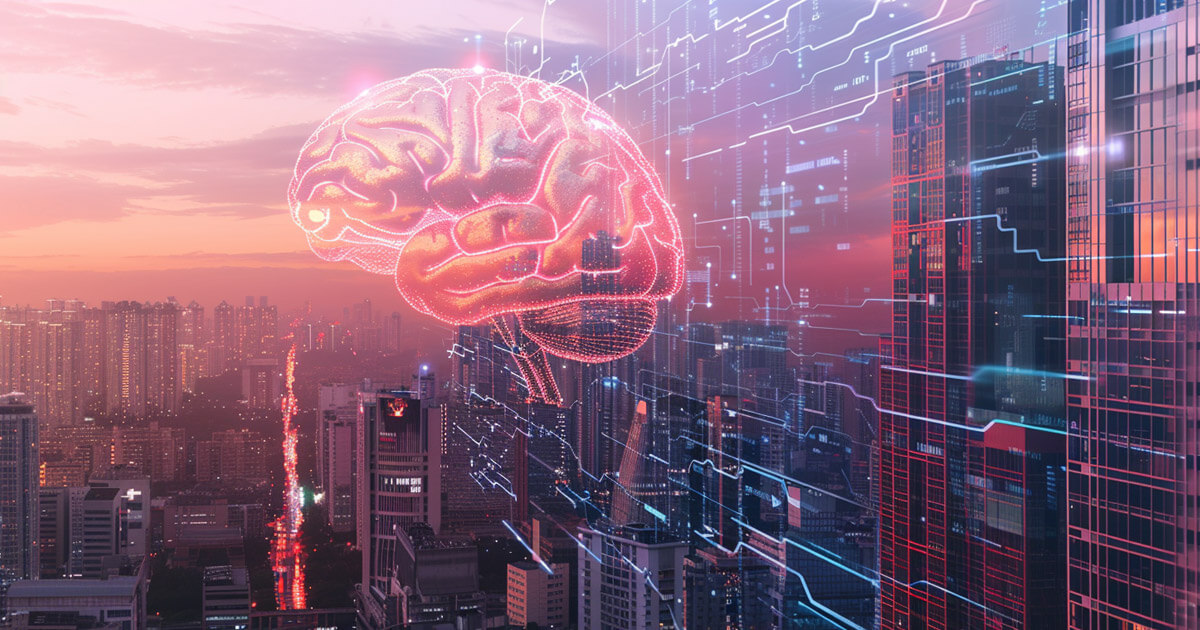[ad_1]

The Bank for International Settlements (BIS) has called on central banks to embrace artificial intelligence (AI) in anticipation of its significant impact on the economy and financial system.
In a pre-released chapter of its upcoming Annual Economic Report for 2024, the BIS emphasized that the widespread adoption of AI could affect inflation trends and urged policymakers to incorporate AI into their operations to enhance financial and price stability.
The BIS Innovation Hub’s head, Cecilia Skingsley, said the regulator is actively testing AI’s capabilities in various areas in collaboration with central bank partners. She added:
“Central banks were early adopters of machine learning and are well positioned to make the most of AI’s ability to impose structure on vast troves of unstructured data.”
Examples include Project Aurora, which explores how to detect money laundering from payment data, and Project Raven, which uses AI to enhance cyber resilience.
The full BIS Annual Economic Report 2024 and the BIS Annual Report 2023/24 will be published on June 30.
Central banking and AI
The BIS’s Annual Economic Report 2024 outlines the implications of new AI applications for central banks, highlighting both potential benefits and risks.
AI’s benefits include improvements in lending and payments, while its risks involve the emergence of sophisticated cyberattacks. The report emphasizes the increased importance of data as a key element of the AI revolution and calls for greater cooperation among central banks.
BIS head of research and economic advisor Hyun Song Shin said:
“AI models have a direct bearing on how central banks do their jobs. Vast amounts of data could provide faster and richer information to detect patterns and latent risks in the economy and financial system.”
According to the report, central banks can leverage AI to enhance nowcasting by using real-time data to predict inflation and other economic variables more accurately. However, it warned that final decisions must be made by humans.
AI can also help identify financial system vulnerabilities, enabling authorities to better manage risks. As data becomes increasingly valuable, it will be the cornerstone of central banks’ use of AI technology.
Economic Implications
The report also explores AI’s broader implications on labor markets, productivity, and economic growth. AI could enhance firms’ ability to adjust prices faster in response to macroeconomic changes, affecting inflation trends.
The BIS noted that the effects on demand and inflationary pressures would depend on how quickly displaced workers can find new jobs and whether households and firms correctly anticipate future gains from AI.
In the financial sector, AI is expected to improve efficiencies and lower costs in payments, lending, insurance, and asset management. However, the BIS cautioned that AI introduces new risks, such as novel types of cyberattacks, and may amplify existing ones like herding, runs, and fire sales.
[ad_2]
Source link